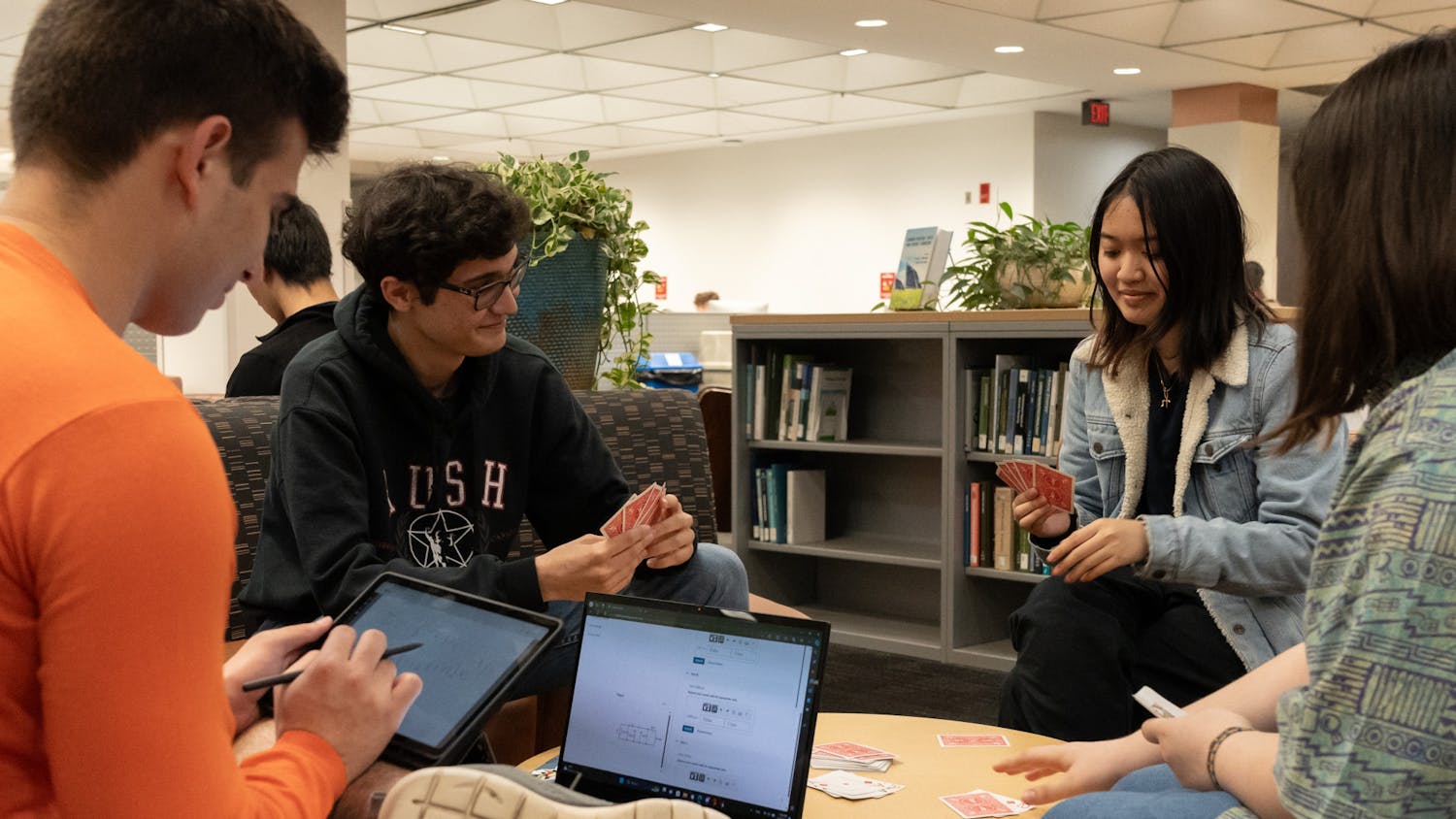Anthony Rojas, a 24-year-old UF political science master’s student, filed a class-action lawsuit against the Florida Board of Governors Monday on behalf of students of state universities who paid for on-campus services they did not receive.
Rojas claims that the Florida Board of Governors, which oversees Florida’s 12 public universities under the State University System, improperly withheld fees from struggling students, according to the lawsuit filing.
UF moved to online classes after Gov. Ron DeSantis announced that four students tested positive for COVID-19. UF has since moved all summer classes online and recently announced that the start of the Fall semester has been delayed one week to prepare for its new plan to reopen in stages.
In March, the university refunded students for the housing and dining services that could no longer be provided. However, fees related to other services on campus, such as transportation, activities and athletics, were not reimbursed, Rojas said.
Rojas said he has not heard back from UF or other Florida universities since filing the lawsuit.
The Alligator reached out to UF spokesperson Steve Orlando, who said the university has no comment on litigation involving the State University System.
The Board is the final authority when it comes to university fee waivers, and it is liable for the decision not to order refunds, according to the court complaint. Depending on the outcome of the trial, the Florida Board of Governors must determine whether universities must reimburse students.
Rojas is a recreation manager and facility operations supervisor for RecSports, UF’s sports recreation department. While he is still employed by the department, he said he has not worked or been paid since RecSports’ facilities closed on March 20. He said his current lack of income motivated him to file the lawsuit.
“The university system, as well as the individual universities, pretty much made their stance very clear,” Rojas said. “Which was, we're gonna give you refunds based on a certain date for housing, for dining. But fees – there was no mention of that.”
Orlando said the university currently has no plans to provide refunds other than those that have already been given.
While Rojas said he understands and sympathizes with the unfamiliar circumstances universities now face as a result of the pandemic, he said that refunding fees could help students who are struggling to make ends meet.
“Students could really use that money right now,” Rojas said. “If you pay for a service and that service can no longer be provided, you expect to get your money back.”
Each university outlines the fees students must pay in services such as health, technology, athletics, transportation and activities, according to the court documents.
The exact timeline from the beginning of the semester to the point when students were asked to leave campus will be determined throughout the trial as will the total reimbursement of fees.
“What we hope is that we can find some resolution,” Rojas said. “Because students are really hurting right now.”
Rojas said that students and their families have reached out to his lawyer with thanks and support. Before learning about the lawsuit, many of them said they didn’t realize the university was keeping these fees, Rojas said.
“I’ve been kind of blown away by how much support there is from students,” Rojas said. “What we’re really asking for is pretty reasonable, and people understand.”
Matthew Miller, Rojas’ lawyer, is representing other students across the country in similar cases.
While the exact number that students will be reimbursed will be determined during the trial, Miller assumes that a typical student pays approximately $1,000 in campus fees per semester. If roughly half of the semester remained, Miller said in an email, universities owe $500 in fees to each student.
If there are approximately 300,000 students considered in refunds, that would total $150 million in fees, Miller said.
UF changed their fees for the upcoming Summer semester, Miller said. UF’s associate provost for teaching and technology, W. Andrew McCollough, attributed the reduced fees to students being off-campus and no longer being able to access services.
“That's exactly right,” Miller said. “And that same rationale applies here.”
Contact Nicole at nrodriguez@alligator.org. Follow her on Twitter @_nrodriguez99.





